What is Workforce Development?
Enter this question into Google, and an array of results for its definition will appear. It will be 12 years ago this spring that my career path landed in workforce development in New York City. I had no idea what workforce development really was even though as an individual on this planet who has to work to make a living, components of workforce development are omnipresent – attending school, internships, one’s first paid job, work-study in college, interviewing, participating in professional development, the list goes on and on. Also, there are no specific tracks of study titled for workforce development in undergraduate or graduate studies and no one really says “I’m going to work in workforce development” as their post-college plan. From the general public to those who work in workforce development to institutions that operate and/or fund workforce development programs, all respond differently to the question of “What is workforce development?”
This question has persisted throughout my work and to be honest, I don’t have a specific definition. In much of the work that I’ve contributed in workforce development and at Perch Advisors, questions of the definition of workforce development are always in the back of my mind because it’s part of how others view workforce development and it informs policies, practices, outcomes, and improvements. My own definition continues to evolve and my understanding of workforce development deepens.
It is okay not to have a common definition of workforce development, however, I do wonder if a more distinct definition could help to better communicate the work and impact of workforce professionals, highlight the successes and challenges that job seekers face to connect to quality jobs and careers, and inform policies and funding that shape workforce development’s infrastructure. I’ve grappled with this throughout my workforce career and also in working alongside and connecting with workforce practitioners from the frontline program staff to organizational leadership. Some may say that marketing and communications aren’t priorities for workforce practitioners, but they are embedded in so many responsibilities of workforce professionals from program staff who design program recruitment flyers to job developers pitching to employers to senior staff who are responsible for fundraising and strategic partnerships. This also includes advocacy where the workforce field works to ensure that government policies and budgets fund essential workforce programs.
As a part of my work at Perch Advisors and as a lifelong student, I want to remain curious on how people define workforce development and how to better communicate and lift up all that workforce development encompasses, influences, and strives for. Ultimately, it’s not the definition that is really essential, but the perspectives that we each possess and share with each other. If we cross paths, I’m happy to delve into this with you whether you are a workforce professional like myself or if you simply want to learn more about workforce development. If you are looking for support for your workforce development programming, check out Perch’s areas of expertise to see if they align with support and solutions that you’re seeking.
